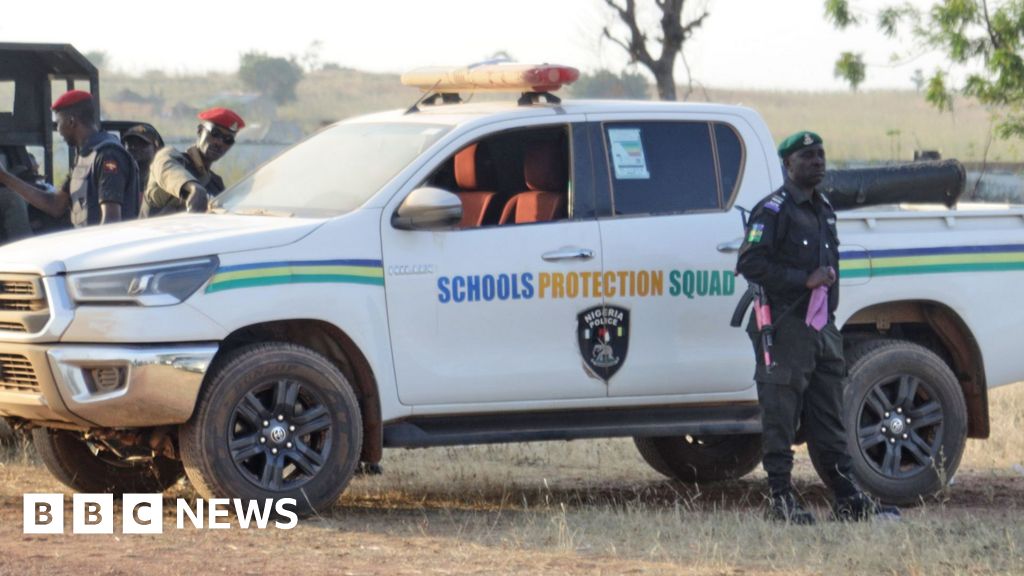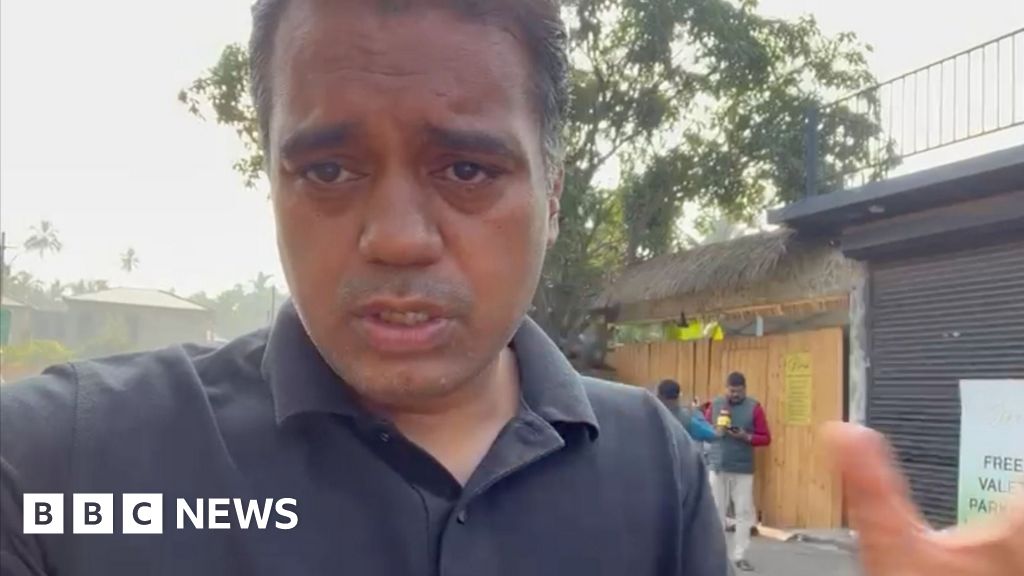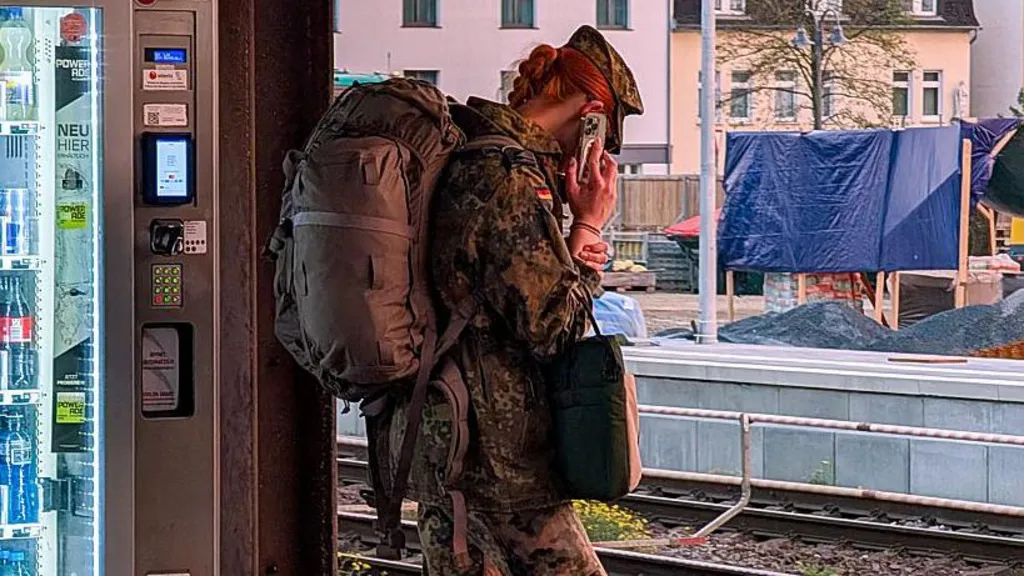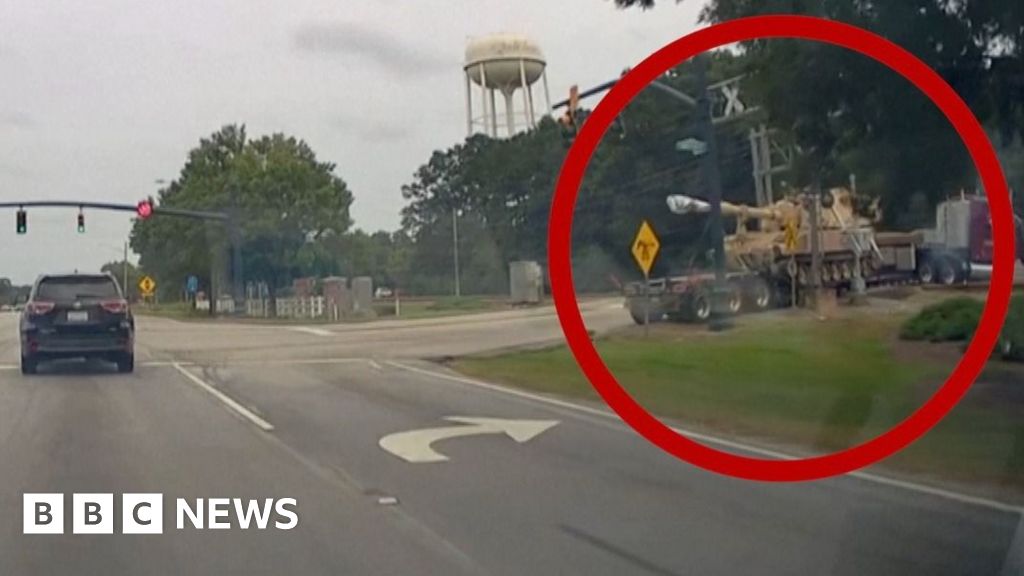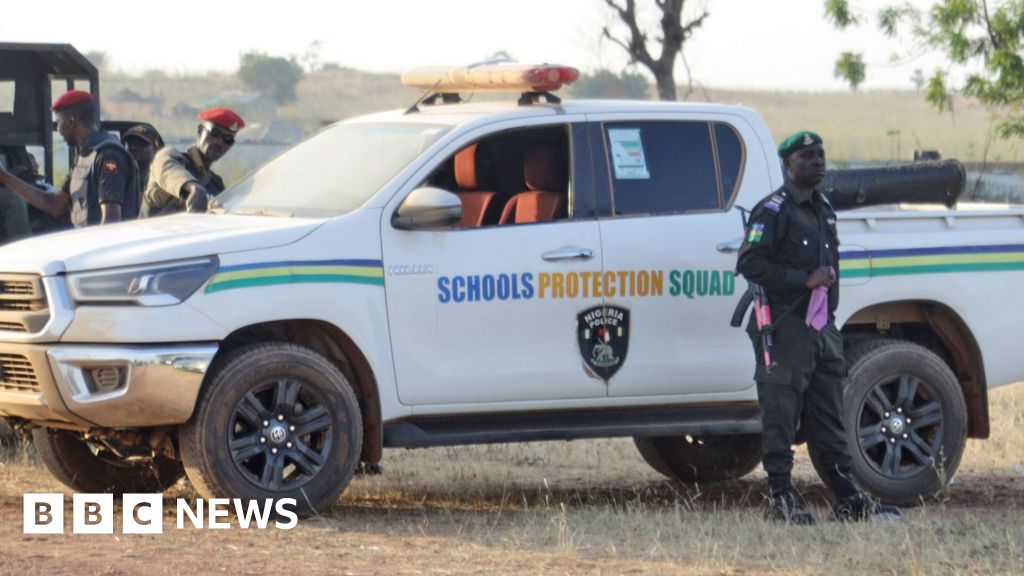
A group of 24 Nigerian girls who were abducted from their boarding school over a week ago have been released, the country’s president said.
Armed assailants stormed the school in Nigeria’s Kebbi State on 17 November, killing two members of staff and abducting about 25 students. Two were able to escape soon after.
Nigerian President Bola Tinubu praised security forces for their “swift response” to the incident – although the circumstances of the girls’ release remained unclear.
Africa’s most populous nation has suffered a spate of abductions in recent years – with more than 250 children abducted from a Catholic school last Friday still missing.
In a statement, a special adviser to the president confirmed that all the girls taken from the school in Kebbi State had been accounted for, saying that the raid had triggered copycat kidnappings in two neighbouring Nigerian states.
Tinubu said that more personnel would be deployed to “vulnerable areas to avert further incidents of kidnapping”.
In a separate post on X, Tinubu wrote: “The Air Force is to maintain continuous surveillance over the most remote areas, synchronising operations with ground units to effectively identify, isolate, disrupt, and neutralise all hostile elements.”
More than 1,500 children have been abducted from Nigerian schools since 2014, when 276 girls were abducted during the infamous Chibok mass abduction.
On Friday, at least 300 children and staff were abducted from St Mary’s School, a Catholic boarding school, in Niger state, according to the Christian Association of Nigeria, which says that at least 250 remain unaccounted for.
However, some Nigerian officials have suggested that the number of those kidnapped may be lower.
The main Catholic cleric in the region has told the BBC that Nigeria’s government is making “no meaningful effort” to rescue those still missing.
The abduction at the school was the third to hit Nigeria in a week, forcing President Bola Tinubu to cancel his trip to the G20 summit, held in South Africa at the weekend, to deal with the crisis.
UN education envoy Gordon Brown called on the international community to “do our utmost” to support efforts to return the abducted children.
Brown, a former UK prime minister, said: “It’s also incumbent on us to ensure that Nigerian schools are safe spaces for learning, not spaces where children can be plucked from their classroom for criminal profit.”
The kidnapping of people for ransom by criminal gangs, known locally as bandits, has become a major problem in many parts of Nigeria.
In the north-east of the country, jihadist groups have been battling the state for more than a decade.
Earlier this month, US President Donald Trump threatened military action, accusing the Nigerian authorities of failing to protect Christians from attacks from Islamist militants.
The Nigerian government has called claims that Christians are being persecuted “a gross misrepresentation of reality”.
The BBC was told that the schoolgirls abducted from the Government Girls Comprehensive Senior Secondary School (GGCSS) in Kebbi are Muslim. An official has said that “terrorists attack all who reject their murderous ideology – Muslims, Christians and those of no faith alike”.
Organisations monitoring violence say most of the victims of the jihadist groups are Muslim because most attacks happen in the majority-Muslim north of the country.
